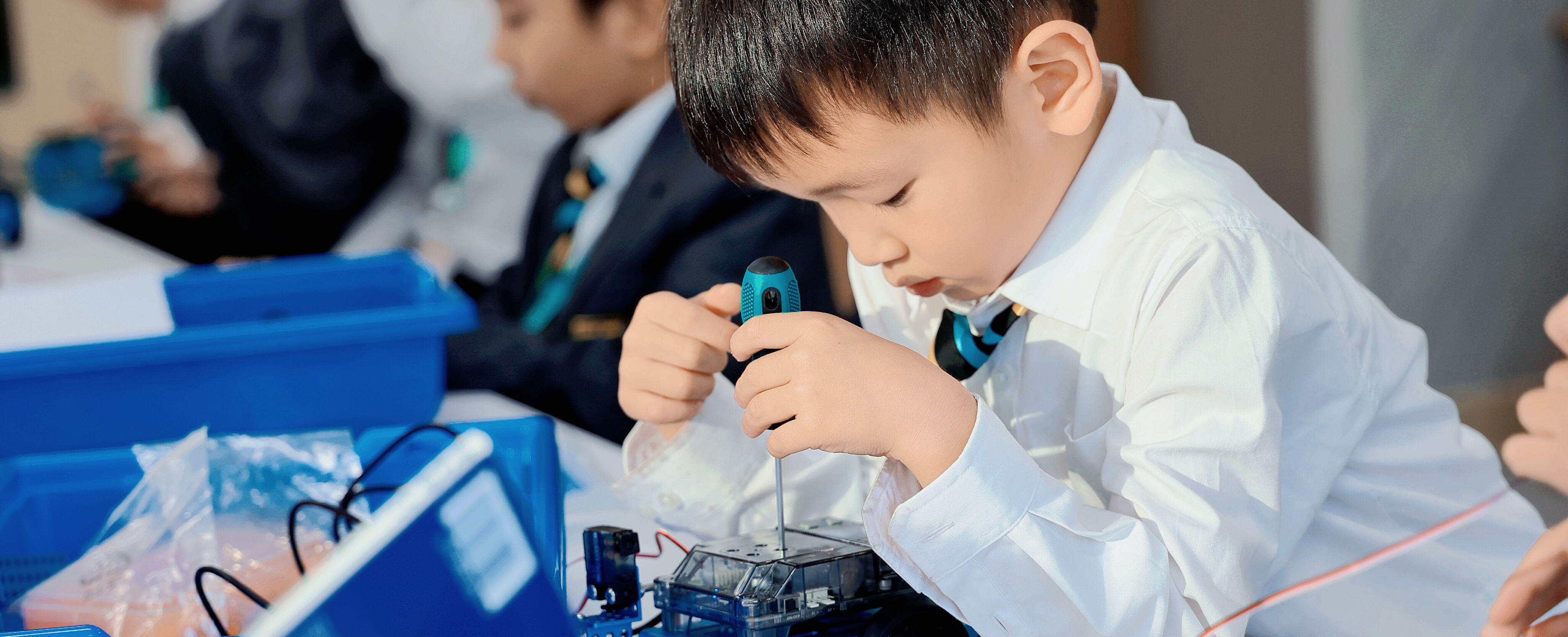
What is the hottest topic to start the year 2023? The first thing that many people will surely associate with is “ChatGPT”. The artificial intelligence software that has sent shockwaves through the tech world, with countless people marvelling at its ability to learn. Just two months after its launch, ChatGPT has over 100 million users, making it the fastest growing consumer app in history.
(Picture from https://openai.com/blog/chatgpt)
ChatGPT: Chat Generative Pre-trained Transformer. It is a natural language processing tool powered by artificial intelligence technology developed by OpenAI, an American artificial intelligence research company, which is able to carry out conversations by learning and understanding human language.
It has also made waves in the education sector, with many education scholars writing articles expressing their concerns about it. It can learn so quickly that it even writes more logical and comprehensive papers than many ordinary people. The knowledge base that our children have put in a lot of time and sweat for has no advantage over it. ChatGPT not only writes essays, calculates mathematical questions and answers expository questions, it is constantly learning to optimise in the process of doing so.
Elon Musk says,"ChatGPT is scary good. We are not far from dangerously strong Al."In these times, what kind of education should we give our pupils in order to prepare them for the changing world of tomorrow? At Huili School Nantong, we believe that pupils should not be containers of knowledge, they should be stewards and discoverers of knowledge. Artificial intelligence aggregates a standard article based on a huge amount of basic information, but it is also based on existing factual data. It is also unable to predict and fine-tune solutions to problems that may arise in practical applications in advance. And as humans, we can build on this and ask further, is this always the right thing to do? Independent thinking, evaluation, and the ability to do so is something that AI can never easily replace.
Through their learning journey at Huili School Nantong, we hope to help pupils acquire critical, creative thinking, lifelong learning skills, develop imagination and creativity, and help them tackle challenges in an unknown world, and ICT is one of the most stimulating and challenging subjects for pupils to learn.
Through the Information Communication Technology (ICT) programme, we aim to equip pupils with the necessary computer skills to learn other subjects effectively, as well as to develop their problem identification and problem-solving skills in fun and thought-provoking activities, critical thinking and teamwork. This is essential for their future IGCSE and A-Level studies.
The ICT curriculum includes Computational Thinking, Network and Systems Design, Cyber Security and Digital Literacy. The breadth and depth of learning increases with each grade level. Computational thinking helps our pupils to learn to solve problems using algorithms and procedures that computers understand. Network and system design requires pupils to be able not only to identify hardware and software and their functions, but also to use a combination of their features to design a solution to a problem. Cyber Security requires pupils to identify, assess and report dangerous and suspicious online activity in different contexts. Digital literacy refers to pupils' sensible and effective use of computers and the internet to create, edit and share text and multimedia, and their ability to understand, respect and protect intellectual property.
And programming is already an essential part of our ICT curriculum. Many studies have shown that learning to program enhances logical thinking, problem solving and creative collaboration skills. In the Grade 6 ICT programme, pupils have started to learn the Python programming language. Recently they learnt to make some modifications to the existing 'star twinkle' code in order to change the colour of the stars. After learning to change the colour of the 'star' through variables, pupils asked: "Which variable can I change to change the shape of the star?" "I also want to change the position of the star, how can I do that?" "I think we can do this" ... Without the teacher's guidance, pupils engaged in more lively discussions with each other, with questions being thrown around to open up more possibilities in the classroom.
In the Grade 3 and 4 lessons, the pupils have not yet been introduced to the area of 'text programming', but the teachers are already leading the pupils through the wonderful world of modular programming. In this class, the pupils were asked to design and test their own games. The teacher gave each pupil a 'task list'.
I have picked a space and a character.
I have added components and challenges.
I have programmed my game’s rules.
I can play my game creation to test it.
In this mode of learning, the pupils gave full play to their imagination and creativity in an effort to create a game that everyone found interesting. The mutual testing and assessment between pupils gives the game more possibilities. The reflection on the completed design also gave pupils a clearer sense of their design thinking process ...
In all subjects at Huili School Nantong, not just ICT, we want pupils to not only remember, understand and apply knowledge, but also to develop higher order thinking skills such as analysis, evaluation and creativity. We hope that when they leave school and enter society, they will still be able to be happy and have the ability to live happily in this complex and changing world.